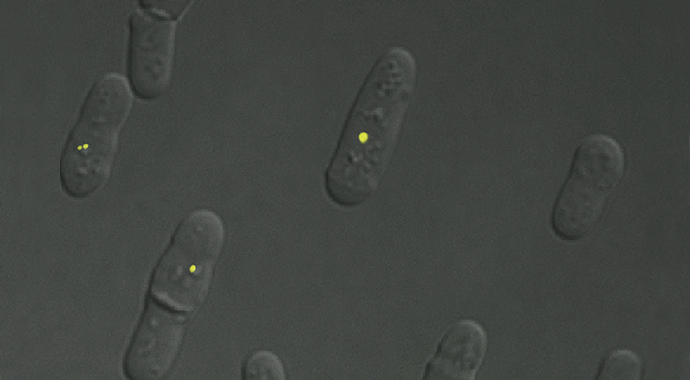Genetics: Dicer Protein Found to Play Big Role in Preventing Cancers and Ageing

Scientists have detected the molecular coordinator which averts potential accidents in the cells that can lead to ageing and cancer.
The molecular 'superman' who swoops in and removes replicating and transcripting machinery from colliding among the strands of the DNA is a protein known as Dicer.
Dicer was known for its role in silencing genes, but the new discovery by Cold Spring Harbor Laboratory (CSHL) scientists shows that the protein has bigger responsibilities.
As cells divide, the DNA is accessed for the replication of genetic material. At the same time, the DNA is also constantly being used by molecular machinery that seeks to copy genetic direction in the formation of proteins needed by the body.
When both kinds of access happen in the same genetic track at the same time, accidents can happen. This is where Dicer swoops in.
The team, led by Robert Martienssen, a CSHL Professor and Howard Hughes Medical Institute Investigator, had found that this previously unknown function of Dicer is critical to preserve the integrity of the genome in yeast.
The protein is usually at work in selectively silencing genes via a process called RNA interference (RNAi), but Dicer is also involved in freeing transcription machinery from DNA regions where replication is ongoing.
While even this was known, what the new study finds is that the protein is not only working in regions where genes are being silenced, but at work across the whole genome.
The recent work by lead authors Stephane Castel, PhD, a graduate of the CSHL Watson School of Biological Sciences, and Jie Ren, PhD, a postdoctoral researcher, studied this broader function of Dicer.
They found that Dicer in fact controls the release of machinery at hundreds of extremely active genes required for basic survival.
Without the involvement of Dicer, massive segments of DNA would be lost with each cell division.
"These chromosome rearrangements, known as genomic instability, are involved in ageing and cancer," says Ren.
© Copyright IBTimes 2025. All rights reserved.





















